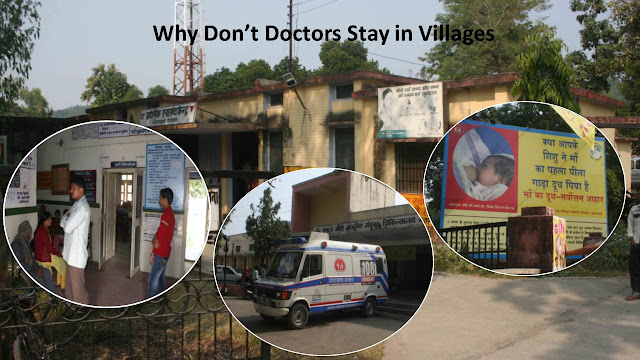Eid Mubarak
A friend noted on a WA group that we both belong to, whether
we were being hypocritical or politically correct in wishing each other Eid
Mubarak when none of us in that group were Muslims and didn’t greet each other
for Pongal. Growing up in the 60’s and 70’s I was blissfully unaware of Eid. I
remember the streets of Raja bazar and Entally, Kolkata, lined with thelas
loaded with sewai, but it didn’t mean much to my childhood reality. Rajabazar
was where the poor Bihari muslims stayed, culturally different and distant.
Earlier when we lived in Delhi, I vaguely remember one Bengali speaking Muslim
family who lived in our neighbourhood. I had enquired about them from my
mother, only to be told that they were Bihari’s who spoke good Bengali. I went
through five schools before my school leaving exams. I can’t remember having
even one Muslim school friend. It was only in college that we came across
Muslim classmates, and there was an uncertainity among some of our mates
whether they were indeed Bengalis.
Growing up Purbo Bongo had a mythical value all through
childhood with place names like Comilla, Barisal, Dhaka, Faridpur being
peppered in all conversations between elders. I ‘knew’ our families had their
original homes in Purbo Bongo, but we now all lived in Kolkata. My family had
been traversing between Purbo and Paschim Bongo as well as Odisha and Bihar as
part of the ‘state’ system and didn’t carry the ‘bangal’ accent. I also never
detected any sense of sense of loss and regret. What I also never learnt was
that it was possible that there were more Muslim Bengali speakers than Hindu
Bengali speakers at the time of partition in 1947. I did learn of the first
Bengal partition of 1905 and how after a series of protests the ‘Bengalis’ were
united once again. But I never learnt of the partition in any real terms. Since
most of my family was already aligned with the capital city of Kolkata they
didn’t need to move at the point of partition. The term ‘refugee’ was used
somewhat deprecatorily about the less fortunate who were uprooted and had to
stay in camps in the new territory. The riots of Kolkata were never part of any
family story as far as I can remember.
I thus grew up with an understanding where Muslims were
‘made’ into cultural aliens by the large absences and the small inclusions in
my everyday home, community and school environment. I really became acquainted
with the Muslim Bengali only when I first met people from Bangladesh. Through
later friendships with Bangladeshis I learnt that they were equally passionate
about Tagore and cared much more for the Bangla language than those on the
Indian side. When I travelled abroad I saw that the Bangali speakers from a
Bangladeshi and an Indian background still maintained a small distance even
though they had surrendered their green and blue passports and gained the more
favoured and common British or US passport.
My experience of Muslims as friends and part of my community
happened only after I had started to live in Lucknow. By this time I had spent
more than 14 years outside the cocoon of my home town of Kolkata and had learnt
my first lessons in diversity through a shared community life with Dalits in
the Uttar Pradesh plains and hills. I had received love and respect from dalit
communities and experienced the upper caste disdain as well. I had loved a land
of mountains and valleys which I thought were also part of my shared national
heritage and had learnt about the poisoned spite for imagined outsiders. Even
though Lucknow is famous as a the city of Nawabs and its syncretic ganga-jamuni
culture, today it has become ghettoized into colonies for Hindus and Muslim. We
were lucky that we, even our daughter had very good friends who happened to be
Muslims. They were just like us, wore the same clothes, loved the same food,
and had the same interests. The variety and probably flavor of meat dishes were
probably superior in these friend’s homes, and Eid became the time to savour
some of these.
Today I have many friends and coworkers who are Muslim.
Living in Delhi most of my daily acquaintances are not Bengali speakers, did
not grow up in the same neighbourhood as mine, did not go to the same school.
In short many of my good friends now, share little which is common to me in
terms of my background. I am so glad that it has turned out that way, even
though I sometimes miss the familiar spaces from childhood and youth. Today we need more and more opportunities to
celebrate diversity. Even though I have been an atheist for many years I now
see that our distinctive cultures provide us opportunities for celebration. If
we can make these opportunities shared and inclusive we can perhaps break the
chains of intolerance and monoculture that is being thrust upon us. Eid for me
provides us all an opportunity to break this stranglehold. So we need to
celebrate it like never before. The more homogenous a social group, the more
effort it has to make to find unlike individuals to include within its fold who
share values around diversity.
Eid Mubarak. Let’s now share the sewai.


Comments
Post a Comment